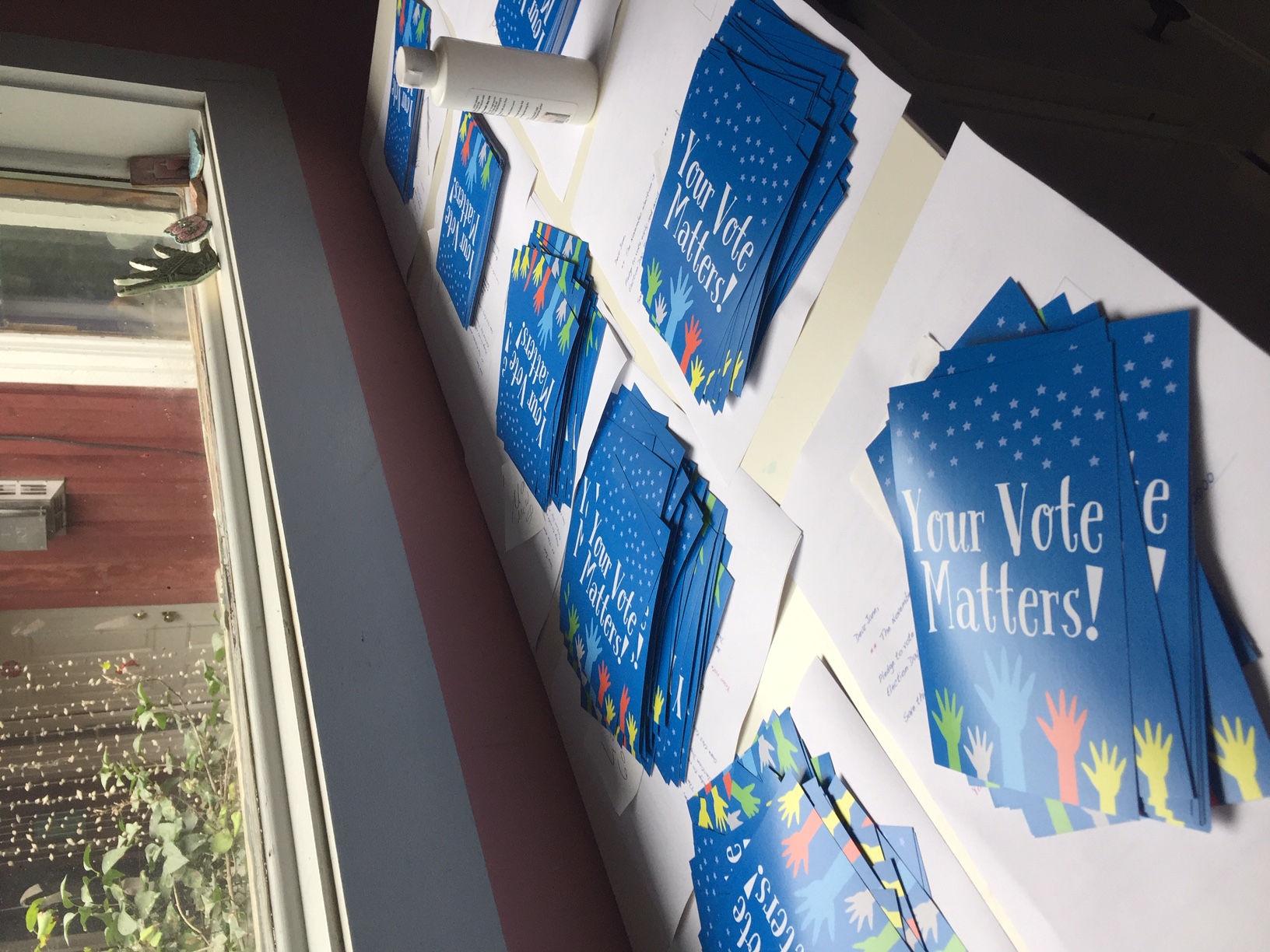Subtitle: Too Much Meaning, Not Enough Pleasure
You may easily embrace meaning as a pillar of happiness, but pleasure is not to be scoffed at. We are biological creatures with physical needs and desires. Pleasure likely has an important evolutionary role. Even if it doesn’t, life is hard. Why not also embrace joy, play and other pleasures?
Positive psychology teacher Tal Ben-Shahar encourages us to look at happiness as a blend of both pleasure and meaning. He envisioned a “Hamburger Model of Happiness,” so-called because he initially developed the concept while pondering healthy and/or tasty burgers. The model has four quadrants, with meaning and pleasure taking the place of healthy and tasty:
- The first quadrant, with high meaning but low pleasure, is a rat race. Sometimes we need to live that way—for example, when starting a new job, or caring for a dying loved one. It’s grueling and not very happy to stay there permanently.
- The second quadrant, with high pleasure but little or no meaning, is hedonism. Though reveling in worry-free pleasure may feel good for a vacation, it can feel empty in the long run.
- The third quadrant, no pleasure or meaning, is just plain bleak.
- Finally, the fourth quadrant is high meaning, high pleasure. That sweet spot, says Ben-Shahar, is where happiness thrives.
Ideally, we could all stake out a balance between meaning and pleasure. But, as noted above, sometimes we have to forsake pleasure for meaning. For long term well-being and happiness for self and others, choosing meaning (wearing a mask and social distancing) over pleasure (carefree hugging without the encumbrance of face coverings) is clearly the appropriate choice.
Indeed, our current circumstances illustrate all too well that choosing meaning over pleasure can be an investment in long-term happiness. Just as tending to an infant’s needs now can result in a more thriving child (and happier parents) later, so too can our Covid prevention efforts (meaning) lead to less grieving (unhappiness) and a faster return of pleasurable activities like public singing and dancing (happiness).
It isn’t just Covid that has my happiness out of balance. I am also deeply concerned about well-being in the United States and the upcoming November election. For both my personal happiness and our collective well-being, I am more than willing to sacrifice a few pleasures here and there to do the work necessary to avoid a second Trump presidency.
I believe what former First Lady Michele Obama told the Democratic National Convention: “If you think things cannot possibly get worse, trust me — they can, and they will, if we don’t make a change in this election.”
Actually, things are already getting measurably worse. On September 10, 2020, New York Times columnist Nicholas Kristof reported on the just released findings of the international Social Progress Index. The index uses a wide variety of metrics – for example nutrition, safety, and environmental indicators — to measure quality of life. In 2011, the U.S. was 19th on this list. Today, we’re 28th — an alarmingly steep drops.
Thus, as our beautiful summer weather segues into autumn, I spend big chunks of time every week:
- Organizing dozens of friends and neighbors to collectively write nearly 10,000 postcards to get out the vote in key swing states;
- Writing even more letters and postcards for other organizations to voters in Wisconsin, South Carolina, North Carolina, Georgia, Florida and Texas;
- Signing up for two or three texting shifts weekly, even though some of the responses are truly nasty and mean-spirited. The ugliness sometimes keeps me awake at night, but I believe it is a valuable investment in long-term happiness. The meaning is worth a little insomnia.
- Phone Banking — again, not my favorite. I’ve only done this once so far. But I’ll do it again before the elections because this activity, too, is highly meaningful.
- Fundraising — As part of a strategic giving group, I am donating more to candidates and organizers than ever before. They need our help to safely get out every vote, and nothing is more meaningful than that.
Of course, it’s not that I don’t have any pleasure in my life, it’s just that meaning takes priority. A couple of weeks ago, for example, my eight-year-old granddaughter wanted me in the audience as she slid down the cardboard covered staircase. With her bike helmet on, sitting on a cushion at the top of the stairs, she got nervous and stalled. But I had texts to return, so I said, “Please hurry up. I have to save democracy.” She replied, “Okay, you save democracy, I’ll save happiness” and down she slid, quite gleefully.
Meaning and pleasure, the keys to happiness. Each in their own time.


